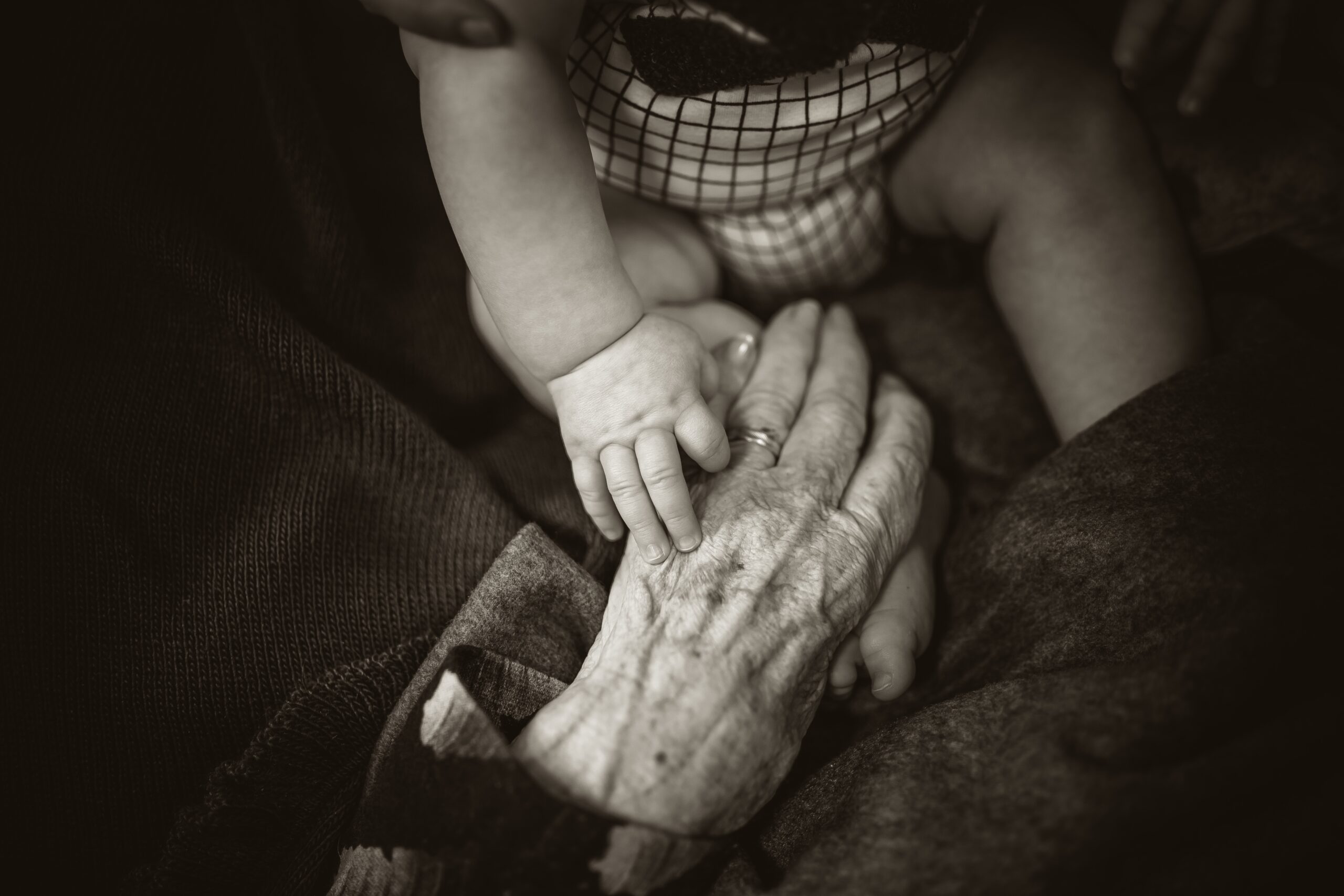In the disaster world, we often hear about preparedness. We’re taught how to prepare for a disaster by making emergency plans and how to build resilience within our communities. While we can prepare for some disasters, many take us by surprise, and other factors can make it more difficult to rebuild before the next disaster strikes. Often, you think you don’t need a plan until you suddenly do.
Fortunately, there is something you can plan for. Something that might still take you by surprise, but if planned well, your family will benefit greatly – your legacy.
For some, “legacy” is a dreaded word, a reminder of the end of life. In the philanthropic world, it manifests through planned gifts like charitable trusts and bequests. With your family, it’s challenging but meaningful conversations and decisions surrounding your will. What song do you want to play at your memorial? What will happen to your children when you go? Who will inherit great grandma’s necklace?… The decisions you make now can leave an enduring impact on those who outlive you.
Unfortunately, most of us are uncomfortable discussing death, so we don’t plan for it. According to the National Funeral Directors Association, only 21 percent of Americans have told their loved ones their wishes. In an article from Forbes, most people believe you should have your affairs in order by age 50, but in 2019, nearly half of those over 55 had not yet created a will.
Thinking about our mortality is difficult. But it’s something we can prepare for. A legacy is one of the best gifts you can give your loved ones. When they are mourning, you can make the process less stressful and time-consuming by having your affairs in order. And you can feel confident that your family will be able to advocate for their needs.
A legacy is also an opportunity for you to change the world for good. It’s an opportunity to live for a purpose bigger than yourself.
When you’re ready, consider listing a charity as a beneficiary. If your legacy is only for immediate family, and if they are unable to inherit after you pass, the state will decide where your assets go. A planned gift is another opportunity to ensure that your wishes and values are preserved for the future. The organization you select as your chosen charity should be deeply aligned with what you care about and where you would like to make an impact in the future.
Sometimes, a planned gift has tax or retirement benefits, but generally, it’s simply a great way to make things easier for your loved ones when you pass away. There may also be significant tax advantages for your family, depending on which avenue you choose. A legal or financial advisor can provide the best tax or legal advice.
You can define your legacy. Consider starting your plan today as part of National Estate Planning Week.
If you have already included CDP in your estate plans and we are not aware, please contact me.
You can also share your intentions by completing and returning our planned giving form to development@disasterphilanthropy.org.

